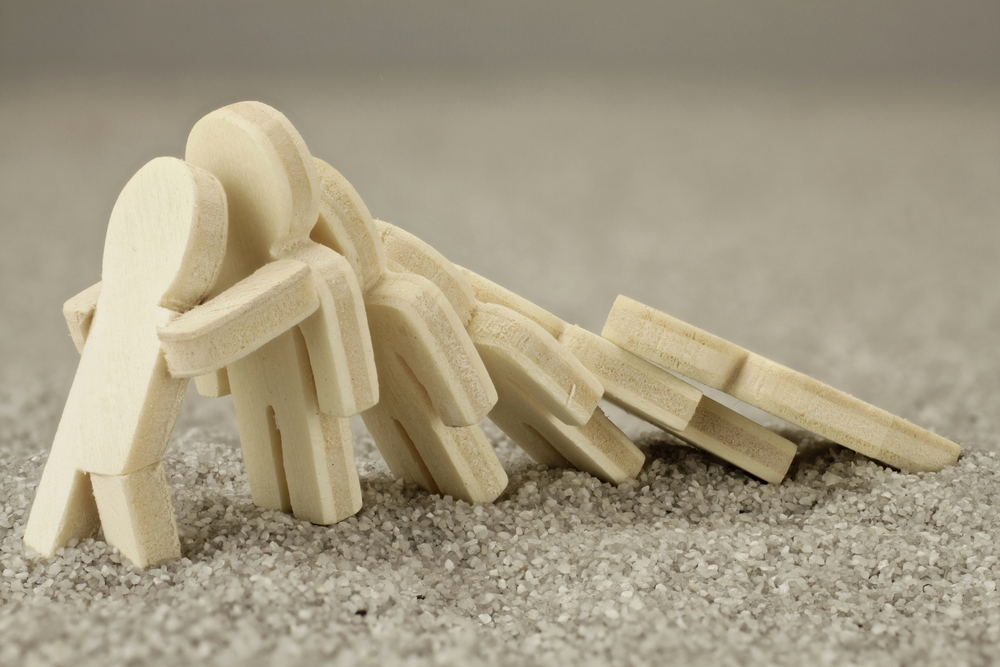Facebook Video That Led to Mom Getting New Kidney Also Spotlights Living Donor Program

Since a Pennsylvania mother of two underwent a kidney transplant, whose donation was due to a video that her children had posted on Facebook, the National Kidney Registry’s (NKR) Paired Exchange Donation program has been gaining increasing attention.
Diana Zippay, 36, began to lose kidney function as a result of her Alport syndrome, and needed a transplant but was struggling to find a matching donor. Her children’s video, however, caught the attention of a family friend who brought her case to the National Kidney Registry.
The NKR’s Paired Exchange Donation program works in chain reaction: one donor starts the chain, hoping to trigger a reaction that finds a matching living donor to someone who is not their match. For instance, Melissa Deighan, Zippay’s friend, was not a match to help her friend, but by starting the chain, Zippay was able to get a kidney from a 40-year-old donor from Philadelphia.
The paired exhange program is one type of living kidney donation; others are direct donation, Good Samaritan donation and advanced donation.
Being a donor in a paired exchange program at the National Kidney Registry has a series of benefits, the group states:
- You have priority over other people if you ever need a kidney transplant: Donors in this program are prioritized on the national deceased donor wait list.
- You receive financial protection in the event of post-surgical complications or in the event a health insurance company asks for co-pay in covering any costs.
- The Registry provides legal support if there is any legal problems due to the donation: for instance, if a donor involved in an NKR living swap loses a job for taking time off work to donate, the NKR can help.
- To minimize blood draws, the Registry uses cryopreservation services. These services allow for the freezing and storage of the donor blood that can be used for up to seven cross match tests.
Zippay received her kidney in a transplant operation in Pittsburgh on July 25. Her children, Bailey and Tobias, responded with a Facebook “thank you” video that included them holding a sign that read: “Thanks To a Living Donor Paired Exchange, Our Mom Will Live!” Background music added by the family has the artist Dido performing her hit song, “Thank You.”







Leave a comment
Fill in the required fields to post. Your email address will not be published.